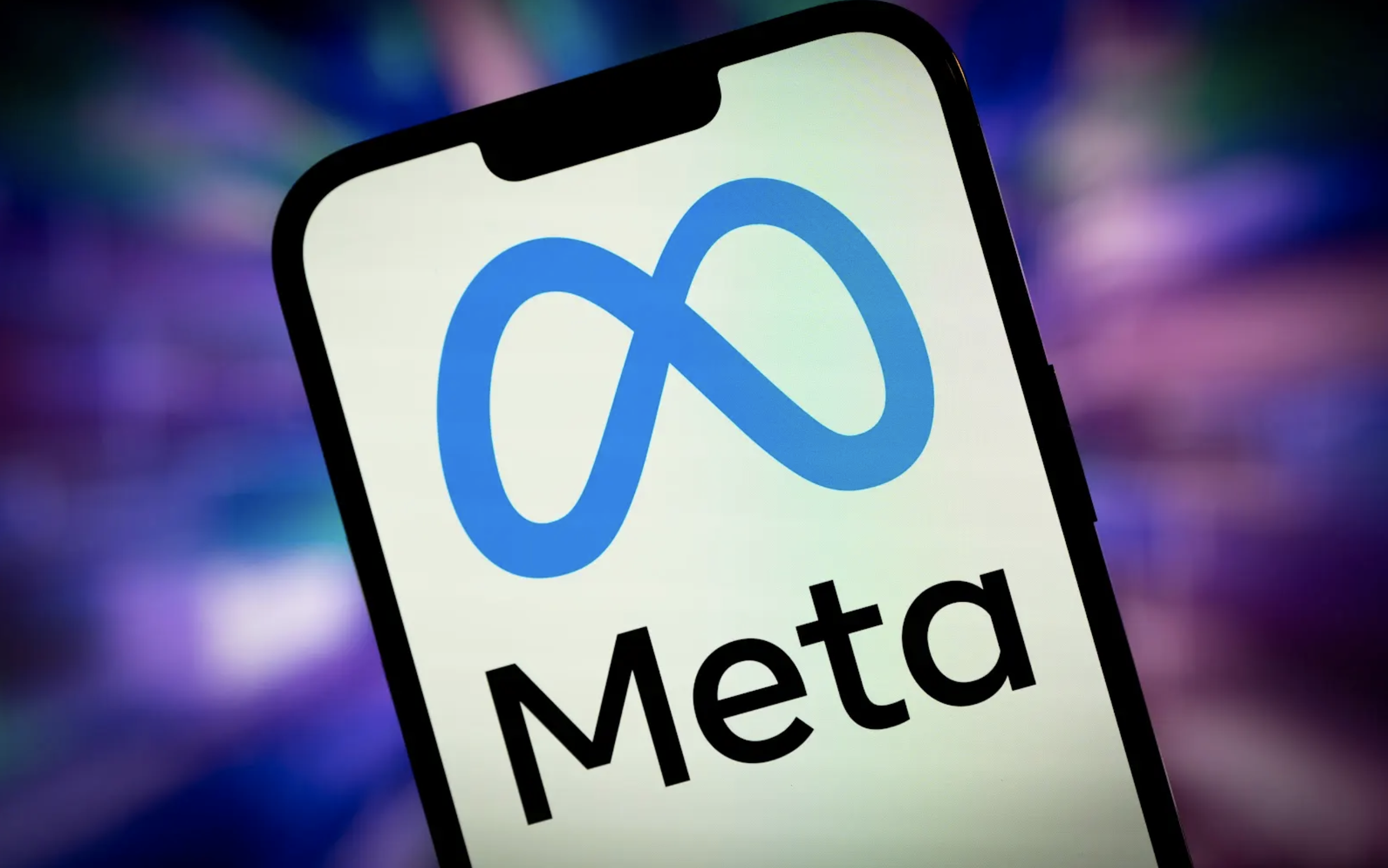The following is an excerpt from our premium Motley Fool Rule Breakers service, which provides growth-oriented investors with two high quality stock recommendations each month. As a part of its ongoing coverage of current recommendations, Rule Breakers recently sent Lyons George to San Francisco to cover one of the world's highest-profile technology conferences.
Conferences like this come with four-figure price tags ... but for less than it costs to buy a cup of coffee every day, Rule Breakers members benefit from exclusive industry coverage year round. To receive this caliber of on-the-ground insight -- plus two market-crushing recommendations every 30 days -- you can sign up for Rule Breakers by clicking here.
Graphing out the future
Ever heard of the Economic Graph? No? Well, don't feel bad, because it doesn't exist yet. But LinkedIn (LNKD +0.00%) CEO Jeff Weiner was talking about it at the Disrupt conference earlier this month -- and he thinks it's a strategic imperative for the company.
What is it? Put simply, Weiner envisions a tool that can "digitally represent" both "every economic opportunity in the world" and "every skill required to gain those opportunities." Combined with a database of "a professional profile of every worker in the world," this theoretical tool would not only provide job-seekers with potential career destinations but also -- and here's the disruptive bit -- give them a clear idea of how they might arrive at those destinations.
If it sounds like a lofty goal, that's because it is. But after LinkedIn's successful IPO and its dazzling performance on our Rule Breakers scorecard (up 175% and counting!), nothing appears to be out of reach for the company. After seeing Weiner's interview at the conference, I'm more bullish than ever on the world's most buttoned-up professional network.
Here are three key takeaways -- straight from the CEO's mouth -- that point toward LinkedIn's bright (and profitable) future.

LinkedIn CEO Jeff Weiner shares a behind-the-scenes peek at where his company is headed.
1. When you're all business, there is no competition
Goaded into discussing how he weighs incoming threats from other social networks such as Facebook (FB 2.95%), Weiner pointed to LinkedIn's exclusively professional focus as an enduring competitive advantage.
"There's no company right now that has the professional focus at the scale that we do," he said. "We're going to stay focused on an exclusively professional context." He said 80% of LinkedIn's members say they strongly value the network's separation of professional and personal identities, and he implied that competition from any peers that have a hand in the traditional "social" space would be compromised from the get-go.
In other words: LinkedIn isn't worrying about the competition. And although that doesn't mean its executives aren't keeping an eye on the competitive landscape (they are) or fleshing out what viable threats would look like if they were to exist (hint: Weiner thinks professionally oriented search engines could introduce "a new competitive dynamic"), it does mean that shareholders can go to sleep easy knowing that their business, and the moat that defines it, will still be there in the morning.
2. Bite-sized jobs = supersized opportunity
Early on in his interview, Weiner used a buzzy term to describe a hard-and-fast reality: The job market is undergoing "fractionalization." And he said it's not going away.
Loosely defined as the phenomenon of job descriptions that get smaller as technology gets bigger, fractionalization helps explain why, in the age of eBay (EBAY 3.38%), someone who would have formerly been a full-blown store owner is now just a "seller" doing his or her work from home. Ditto for the person who would have been a landlord but is now just a "lister" on a rental-by-owner vacation website.
Spread out over the entirety of the digital world, fractionalization creates a wealth of miniature "economic opportunities" that job-seekers can take up on an a la carte basis -- but only if they can find them first. That's where LinkedIn's network effect becomes wonderfully powerful: By doubling down on its effort to become the definitive network for professionals of every type, LinkedIn is also ensuring its future primacy as the go-to platform for a job market that has as many options as a supermarket.
Here's how it could work. A man in Sweden wants to build a personalized mobile app to give his daughter for her birthday. So he goes to LinkedIn, posts a detailed description of what he wants, which skills are required to achieve it, and what he's willing to pay. Then he waits. A few days later, LinkedIn sends him a list of interested candidates with verified competency in the skills he's listed. He hires the global team that he needs -- and the platform that enabled it all takes a cut off the top.
3. The resume 2.0: It's alive
As Weiner's interviewer, Eric Eldon, pointed out, the Internet has created a growing community of professionals who are hired (and fired) based exclusively on work they've done online. Whether you're a graphic designer, a Web developer, or one of the mobile-app masterminds in the preceding scenario, the difference between "your work" and "your resume" is becoming increasingly nebulous.
To that end, Weiner said that one of LinkedIn's missions will be centered on "evolving the profile" so that prospective employees can showcase a living portfolio of work to their potential future bosses.
"We want to provide as much flexibility as possible for professionals of any background to be able to showcase their identity," he said. And although it's unclear what exactly that feature would look like, you can bet your bottom business card that it will strengthen LinkedIn's place as the first stop for anyone looking to hire or be hired.
That's good news for anyone who's looking to go to work -- and even better news for investors who, like us, are letting LinkedIn go to work for them.
Like what you see?
Conferences like this come with four-figure price tags ... but for less than it costs to buy a cup of coffee every day, Rule Breakers members benefit from exclusive industry coverage year round. To receive this caliber of on-the-ground insight -- plus two market-crushing recommendations every 30 days -- you can sign up for Rule Breakers by clicking here.







